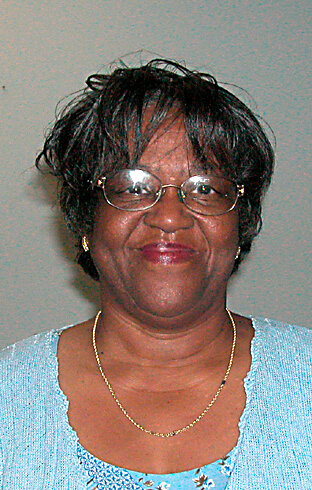Ricks-Jarman: Black History Month honors Bryan Stevenson
Betty L. Ricks-Jarman is a community activist who advocates for equality, fairness, full inclusiveness and equal opportunity for all. She resides in Greenwood.
Black History Month is proud to honor and celebrate one of Delaware’s native sons, Bryan Stevenson, a proud native of Milton. Stevenson gained national prominence as a renowned criminal defense attorney who has dedicated his life and career to serving America’s marginalized population — wrongfully convicted and condemned inmates, juveniles sentenced to life sentences without parole, the poor and the vulnerable.
Stevenson is the executive director of the Equal Justice Initiative, a nonprofit based in Montgomery, Alabama, committed to ending mass incarceration and excessive punishment in the United States, to challenging racial bias within the criminal justice system and to protecting basic human rights. Stevenson spends his time and efforts advocating for criminal justice reform and addressing systemic issues within the legal system. He has taken on the cause of helping the vulnerable regain freedom, humanity and dignity in their lives. While fighting for justice for those condemned, Stevenson and his team often experienced death threats and intimidation, which made them fight even harder.
Stevenson and his staff have won relief or reversals for over 140 wrongly condemned prisoners on death row and won relief for hundreds of others wrongly convicted or unfairly sentenced. He has argued five times before the U.S. Supreme Court and won national acclaim for his work challenging racial bias against the poor and people of color. He has received numerous awards, including the MacArthur Foundation’s “Genius Grant.”
Young people need not look any further for a hero and role model figure than Bryan Stevenson. A local son who grew up in a Black community in Delaware, he went on to achieve greatness and national recognition for his work, making Delaware feel proud and honored, especially his family and the village that supported him.
Rather than being driven by fame, fortune and social status, Stevenson considered meeting the humanitarian and legal needs of others far more important than those striving for riches and popularity. As a brilliant, gifted lawyer, Stevenson could have opened his own private law firm, catering to rich and powerful clients. When Stevenson began his career, nearly 30 years ago, he was making roughly $14,000 a year — not a lot of money for someone with his impeccable credentials, having graduated from Harvard Law School and the Harvard John F. Kennedy School of Government.
Stevenson realized early on that his life mission involved serving “the least of these” who needed compassion and mercy and support. He has followed the biblical mandate found in Micah 6:8: “To do justly, love mercy, and walk humbly with God” is his mission statement.
Stevenson became a “servant leader,” someone willing to get “his hands dirty” by working closely with those who society deemed “worthless and insignificant.”
During one of his interviews, Stevenson was asked what makes an effective leader. “Effective leadership pulls you into closer proximity to the people you wish to serve and lead,” he said. “That’s the key to making a greater impact.”
In his New York Times Best Seller, “Just Mercy,” Stevenson details moving stories of justice and redemption rightfully restored to many individuals who suffered indignities and injustice. It is also an eye-opener, exposing the faults, failures and racial and cultural bias within the criminal justice system. Yet, Stevenson offers a ray of hope that, as a caring, concerned society, we can become agents of change to ensure that even those considered the least among us are seen worthy of mercy and justice. I strongly recommend that you add this compelling book to your reading list.
Reader reactions, pro or con, are welcomed at civiltalk@iniusa.org.







